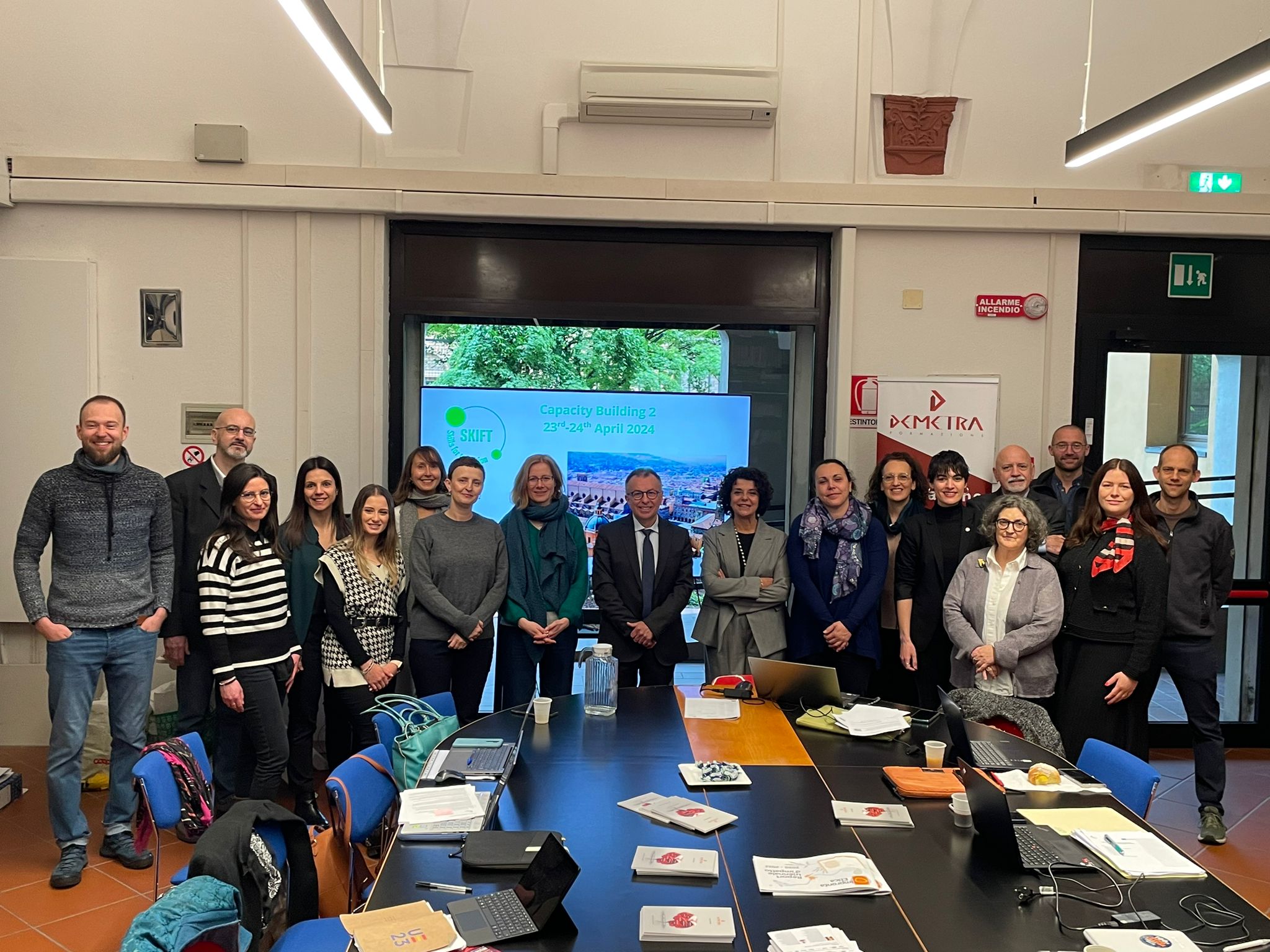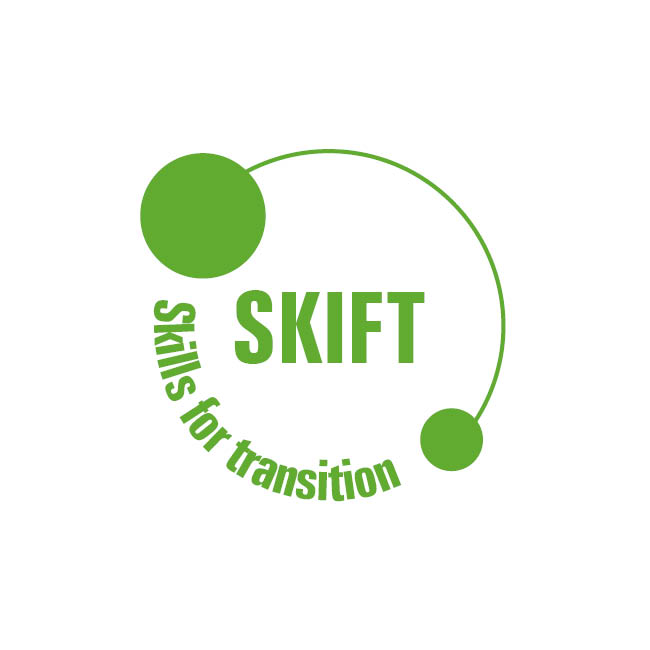The MU.ST.SEE project was designed with the explicit goal of addressing the further training, retraining and upskilling needs of social economy entities and workers across Europe. Central to MU.ST.SEE’s success has been its emphasis on fostering exchange and mutual learning among partner territories.
Coordinated by REVES Aisbl, the project included 7 other partners from 4 countries: Comune di Pordenone, Consorzio COSM, Câmara Municipal de Cascais, TESE – Associação para o Desenvolvimento, Gobierno de Navarra, ANEL – Asociación de empresas de economía Social de Navarra, and CECOP – CICOPA.
By facilitating the creation of local action plans and formulating replicable recommendations, the project has laid the groundwork for sustained growth and development. Its legacy, characterised by collaboration and inclusivity, serves as a blueprint for future endeavours in the realm of social economy training and capacity-building.
One of MU.ST.SEE’s most notable achievements lies in its hybrid learning ecosystem – an innovative approach that integrates a narrative approach to make sense of the experiences of social economy workers. This innovative design is complemented by challenge-based methodologies that emphasise creativity, lateral thinking, collaboration, and connected learning. By pooling resources and incorporating mutual learning events (the transnational mission workshops) and participatory processes at both national and transnational levels, MU.ST.SEE has fostered a rich learning environment.
The implementation of national pilots was instrumental in assessing the compatibility of the MU.ST.SEE learning ecosystem with existing training provisions. While the perspectives are promising, the analysis acknowledges the challenges related to normative constraints. These challenges include issues such as the recognition of acquired competences and certification, the enhancement of trainers’ skills, and the adaptation of the ecosystem to local contexts and organisational structures. The project recognised the need to navigate and address these constraints for optimal effectiveness.
It is worth mentioning that the four local action plans showcase how MU.ST.SEE aligns with broader objectives for promoting sustainable economic activities within the partner territories. This alignment indicates a positive integration of the project into larger-scale regional and national developmental frameworks.
In synthesis, the international project team successfully achieved the following objectives:
- It effectively involved a substantial number of stakeholders from the project areas in the mission workshops, as intended (22 participants). Their sustained interest and dedication to the project persisted throughout its phases, ensuring continuity and enhancing the value of the implemented activities.
- It designed a tailored learning environment, incorporating an innovative approach to individual and group learning, along with a virtual learning management system (LMS).
- Utilising the EU competence frameworks EntreComp, GreenComp, DigComp, and LifeComp, it identified gaps in key competence areas with significant impact on Social economy organisations during their transition pathways. The utilization of these four EU frameworks aimed to enhance interoperability across countries and strengthen the EU’s value of the outputs.
- It created a set of online learning resources accessible via the LMS, consisting of original challenge-based provisions, reference documentation, peer groups, etc.
- It involved local stakeholder groups to validate the original learning environment, which underwent testing regarding its effectiveness in learning provision and alignment with existing VET programmes at local or national levels. This assessment determined to what extent and how the provided learning experiences could integrate into their training paths and/or professional practice.
- It engaged a total of 87 trainees across the four pilot sites (18 participants in Italy, 19 participants in Portugal, 32 participants in Spain, and 18 participants in France).
- It developed fully integrated Local Action Plans as part of the ongoing local strategic planning for the social economy and local development policies within the project territories.
- It garnered consensus from all participating stakeholders on key areas for further development, as outlined in the project’s policy recommendations.
MU.ST.SEE does not merely conclude with its accomplishments; it extends a pathway for further elaboration and development. Recommendations to national and EU policymakers focus on creating enabling conditions for the flourishing of the social economy. The emphasis is on policymakers’ roles in facilitating lifelong learning opportunities that are coherent, needed, motivating, and recognised for social economy professionals. The analysis acknowledges the importance of ongoing collaboration between public authorities and social economy entities to create a conducive environment for sustained growth.
If you seek further information, you may refer to the following resources:
EXTERNAL RESOURCES
The MU.ST.SEE learning environment: connecting skills for Social Economy on https://www.mustseeproject.eu/

 Docs
Docs  Support
Support 





